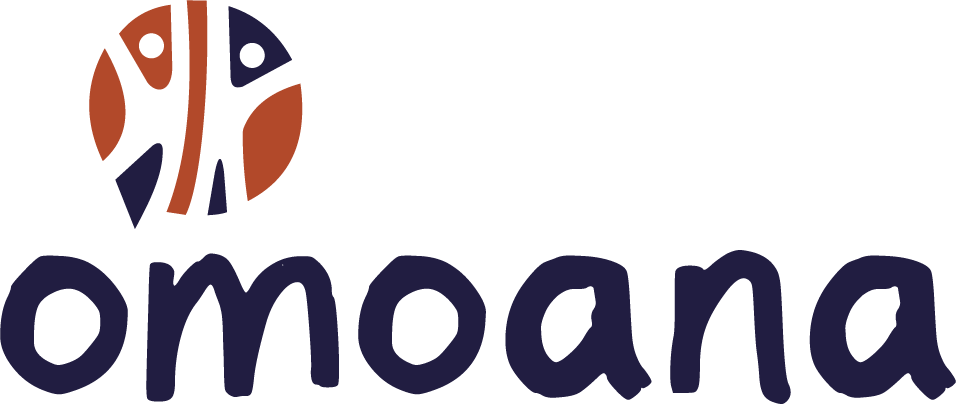We’re all familiar with those unusual statistics and other international rankings that often make us smile: the Swiss are the champions of chocolate consumption, the Czechs stand out for their beer consumption, there are more saunas in operation in Finland than cars on the road, France can boast of being the country with over 300 cheeses, and so on. Uganda is not to be outdone in this Olympiad of national peculiarities. In fact, there are more cell phones than light bulbs in this African country!
Taken from an article by journalist Dara Kerr published in 2009 (For Uganda’s poor, a cellular connexion, CNet), this a priori anecdotal comparison between cell phones and light bulbs is in fact not without interest. In fact, this statistic may well prove instructive in terms of the country’s state of economic development and future opportunities. Moreover, it shows that the steps leading to poverty reduction can be innovative and multi-faceted.
In our latitudes, access to electricity is not considered a luxury reserved for the privileged few, but a basic service, on a par with access to running and drinking water, medical care and quality education. Seen from a wealthy country, it’s certainly the low use of light bulbs that tends to come as the first surprise, reflecting the lack of access to electrical energy. According to World Bank figures, less than 20% of the Ugandan population is connected to the electricity grid. As a result, the vast majority of households cook over wood fires and their children do their homework by oil lamp light, both polluting and harmful to health. Certainly more telling than a simple comparison of national GDPs, this aspect of economic development provides a concrete measure of the gap between our standard of living and that of the average Ugandan family. Apart from this terrible observation, can we see in our initial comparison between cell phones and light bulbs some encouraging prospects? Fortunately, the answer is yes!
While the spread of electrical power is slow, the spread of mobile telephony is lightning-fast, opening up opportunities not only in Uganda, but in many developing countries. Recharged by solar power or car batteries, cell phones offer a plethora of SMS services. In a context where access to information is limited, the telephone is first and foremost an ideal means of dissemination. Information on weather forecasts, the spread of epidemics, the location of the nearest health centers, or recommended farming methods, are all available to people living in the most remote regions. In addition to providing information, the telephone is also proving to be a gateway to the financial services that are so lacking in these countries. Thanks to systems such as M-Pesa – literally “mobile money” – the cell phone becomes a bank account enabling people to pay, save or borrow, all at reduced transaction costs. With phones becoming smart and offering access to the Internet and all kinds of applications, there’s no doubt that their potential is still immense, and augurs major advances for the economy, health and education alike.
Finally, surprising as it may seem, it would appear that cell phones are in a position to help bring light and electricity to African homes. Indeed, a recent article in the Guardian (The Africans buying sunshine with their phones, 2016) reported the commercial success of a solar energy kit, comprising a solar panel, a rechargeable battery, two bulbs and an LED flashlight, as well as an adapter for recharging phones. Initially unaffordable for many families, this kit is sold on credit, with regular repayments (50 centimes per day)…directly deducted from the purchasers’ cell phones! It may well be that the widespread use of cell phones, coupled with innovative solutions, can facilitate access to basic goods and services such as electricity.
Simon Berset
Treasurer


